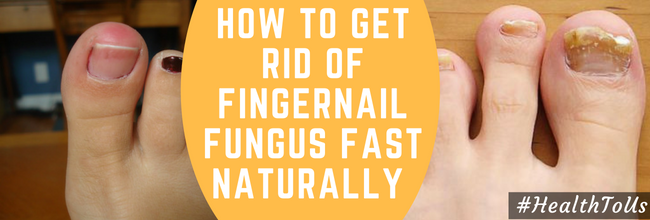
This new research was done by James White, of Cardiff University, and Russell Jago, of the University of Bristol, who analyzed data that was originally collected as part of a study done by the National Institutes of Health. It followed 1,148 girls in Ohio, California, and Maryland beginning in 1985, when they were nine or ten. White and Jago used data on the girls' height and weight, physical activity (which was measured using an accelerometer), and diet taken from when they were 12 years old and again when they were 14.
What they found was surprising: When the participants hit age 14, 16 percent of the black girls were obese and just five percent of white girls were. When researchers looked at physical activity at age 12, the white girls who were most active were 85 percent less likely to end up obese at 14. This was true even when diet was controlled for. But when they looked at physical activity at age 12 in black girls, there was no link to obesity at age 14. Since diet, height, puberty onset, and demographic factors were all controlled for, it's not clear why exactly this was the case.
One possibility the study's authors suggest is that it has to do with the way black women break down fat. Previous research has shown that they oxidize fat at a lower rate than white women do, and they also have lower resting metabolic rates. That may predispose them to hold onto fat more easily. So this latest study could provide some insight into how we could change that by modifying exercise recommendations. Though how exactly we do that is another question. Do these results mean that black teenage girls need to exercise more or that they shouldn't bother to exercise at all? Unfortunately, this study provides zero insight on that matter. Alison Field, who wasn't involved with this study but researchs weight in adolescents and women at Harvard Medical School and Children's Hospital Boston, told Reuters,
I think everyone would agree we need people to be active. It's not sufficient on its own to prevent weight gain, but it's really an important part of the equation.
Though, she says, these results, "would suggest that… what we've been recommending may not be the perfect fit for African Americans." Obviously more research is necessary, but it could be that black girls would need to exercise far more than their white compatriots to lose the same amount of weight, or it might mean that attention would be better focused on reducing caloric intake or changing some other variable instead of upping physical activity. Regardless of what the recommendations end up being, these latest findings reinforce the idea that when it comes to trying to prevent obesity, there isn't a one-size-fits-all solution.

source : www.jezebel.com















